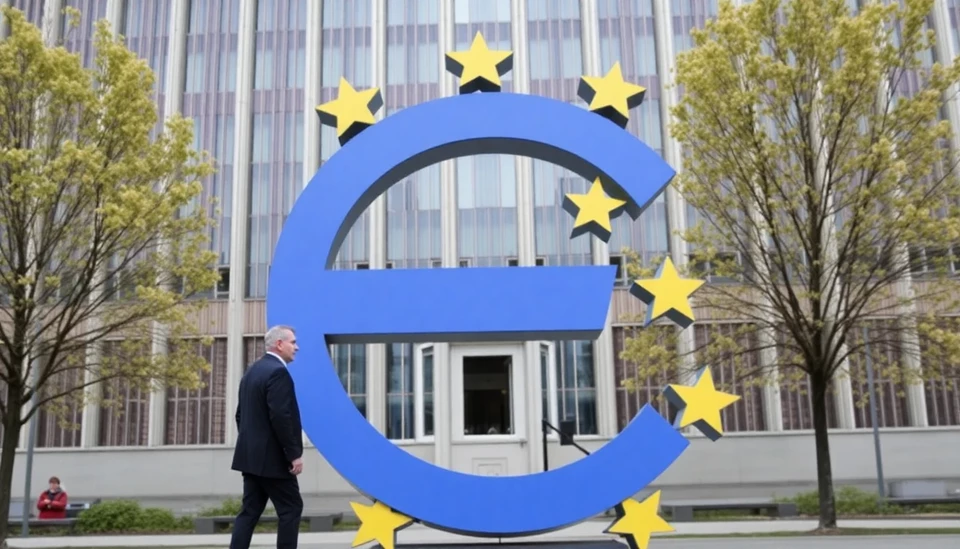
The European Central Bank (ECB) is poised to initiate a surprising rate cut, a move that many analysts did not anticipate would occur in the near term. This decision arises as the bank contemplates broader economic challenges that are forcing a reassessment of its monetary policy stance. The ECB's evolving strategies could herald a new phase in global monetary easing, significantly impacting markets and economies worldwide.
In recent months, the eurozone has faced mounting economic pressures, including sluggish growth and persistent inflation. These factors have prompted ECB officials to weigh the potential benefits of a rate reduction, as cheaper borrowing costs could rejuvenate consumer spending and business investment. While the central bank previously signaled a commitment to maintaining higher interest rates to combat inflation, changing economic indicators have shifted priorities, leading to this unexpected pivot.
Market analysts are closely watching the ECB's upcoming announcements, particularly how this unexpected rate cut will influence both global markets and the European economy. The rate cut is anticipated to have far-reaching implications, not only for the eurozone but also for other central banks navigating similar economic landscapes. As the ECB joins the ranks of other institutions signaling a turn toward easing, there is speculation about how this collective move might stabilize or enhance economic performance across the region.
This development comes amid ongoing discussions about fiscal and monetary policies across Europe, where central banks are grappling with diverging economic conditions. In light of the ECB's anticipated actions, expectations are rising that other central banks, particularly those in advanced economies, may also reconsider their rate policies to mirror this shift and avoid being left behind in an increasingly competitive global landscape.
Investors are bracing for the implications of the ECB's decision on financial markets, with analysts predicting fluctuating asset prices. A rate cut could stimulate bond markets, leading to lower yields, and could impact equities by making stocks more attractive relative to fixed income investments. However, such moves carry risks, including potential backlash from inflationary pressures if stimulated growth outpaces supply.
Overall, the anticipated ECB rate cut is a significant signal of the central bank's readiness to adapt to changing economic realities. As the European economy faces persistent challenges, the move encapsulates a broader trend of central banks reassessing their approaches to economic management amid global uncertainties. The forthcoming announcement is expected to clarify the ECB's alignment with the evolving economic landscape and possibly reshape the strategies of central banks worldwide.
For investors, businesses, and policymakers alike, the implications of the ECB's decisions will be closely monitored, as the potential for global easing could bring both opportunities and challenges in the months to come.
#ECB #RateCut #GlobalEasing #MonetaryPolicy #Economy #Investors #Finance #Inflation
Author: Rachel Greene




